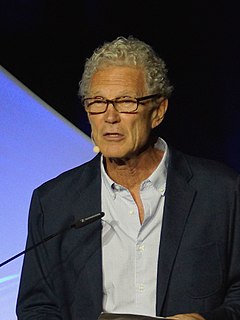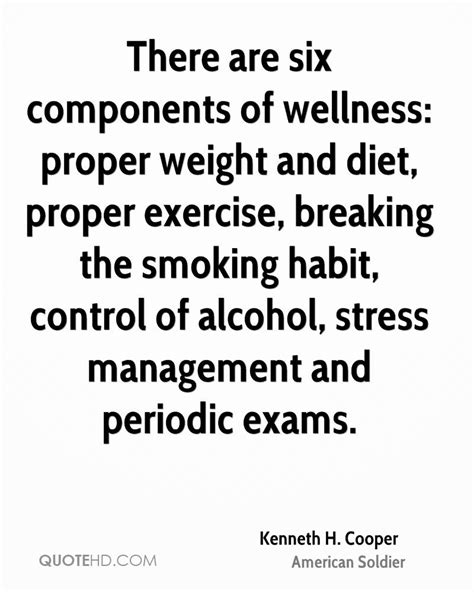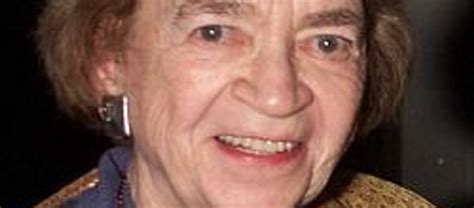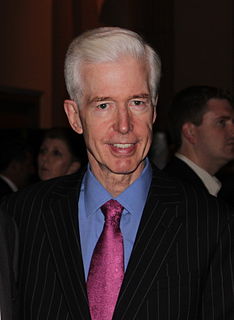A Quote by Barbara Holland
The American Journal of Clinical Nutrition claims that a moderate beer drinker - whatever that means - swallows 11 percent of his dietary protein needs, 12 percent of the carbohydrates, 9 percent of essential phosphorus, 7 percent of his riboflavin, and 5 percent of niacin. Should he go on to immoderate beer drinking, he becomes a walking vitamin pill.
Related Quotes
Economists often talk about the 80/20 Principle, which is the idea that in any situation roughly 80 percent of the “work” will be done by 20 percent of the participants. In most societies, 20 percent of criminals commit 80 percent of crimes. Twenty percent of motorists cause 80 percent of all accidents. Twenty percent of beer drinkers drink 80 percent of all beer. When it comes to epidemics, though, this disproportionality becomes even more extreme: a tiny percentage of people do the majority of the work.
The Hispanic population grew by 4.7 percent last year, while blacks expanded by 1.5 percent and whites by a paltry 0.3 percent. Hispanics cast 6 percent of the vote in 1990 and 12 percent in 2000. If their numbers expand at the current pace, they will be up to 18 percent in 2010 and 24 percent in 2020. With one-third of Hispanics voting Republican, they are the jump ball in American politics. As this vote goes, so goes the future.
I'm going to create tremendous jobs. And we're bringing GDP from, really, 1 percent, which is what it is now, and if Hillary Clinton got in, it will be less than zero. But we're bringing it from 1 percent up to 4 percent. And I actually think we can go higher than 4 percent. I think you can go to 5 percent or 6 percent.
What does a political revolution look like? It means that 80 percent of the people vote in national elections, not 40 percent. It means that billionaires can't make unlimited campaign contributions and buy and sell politicians. It means that the U.S. government represents the needs of all the people, not just the 1 percent and their lobbyists.



































